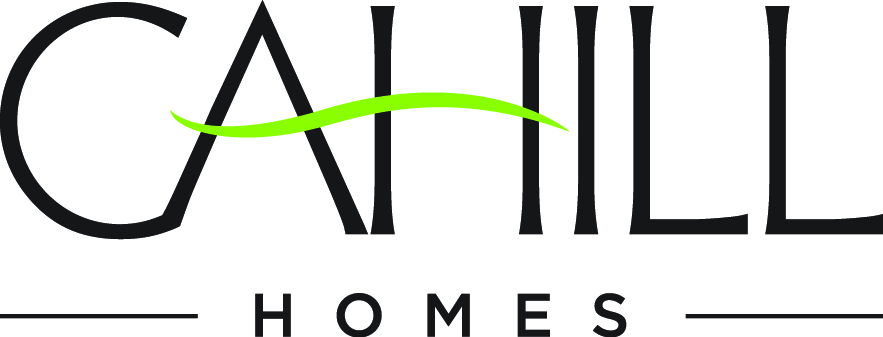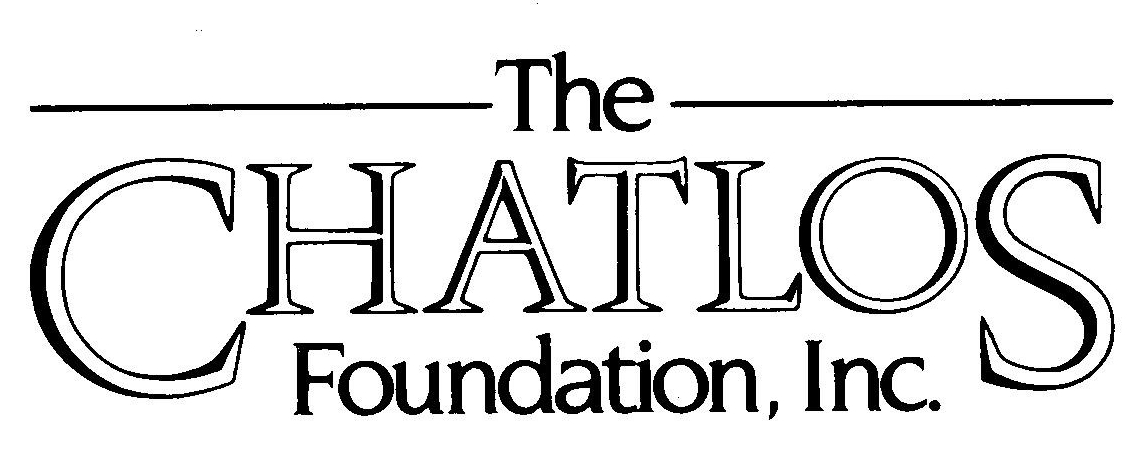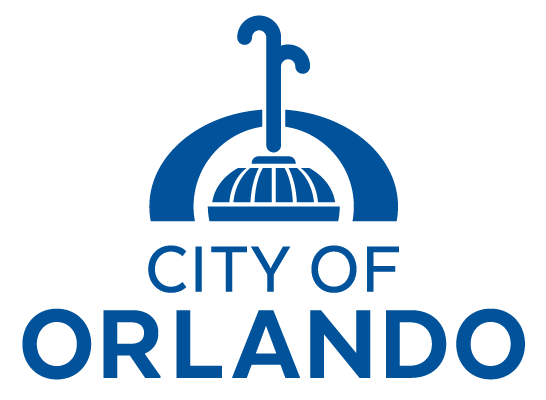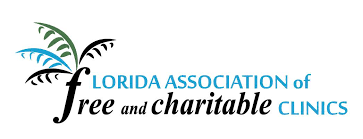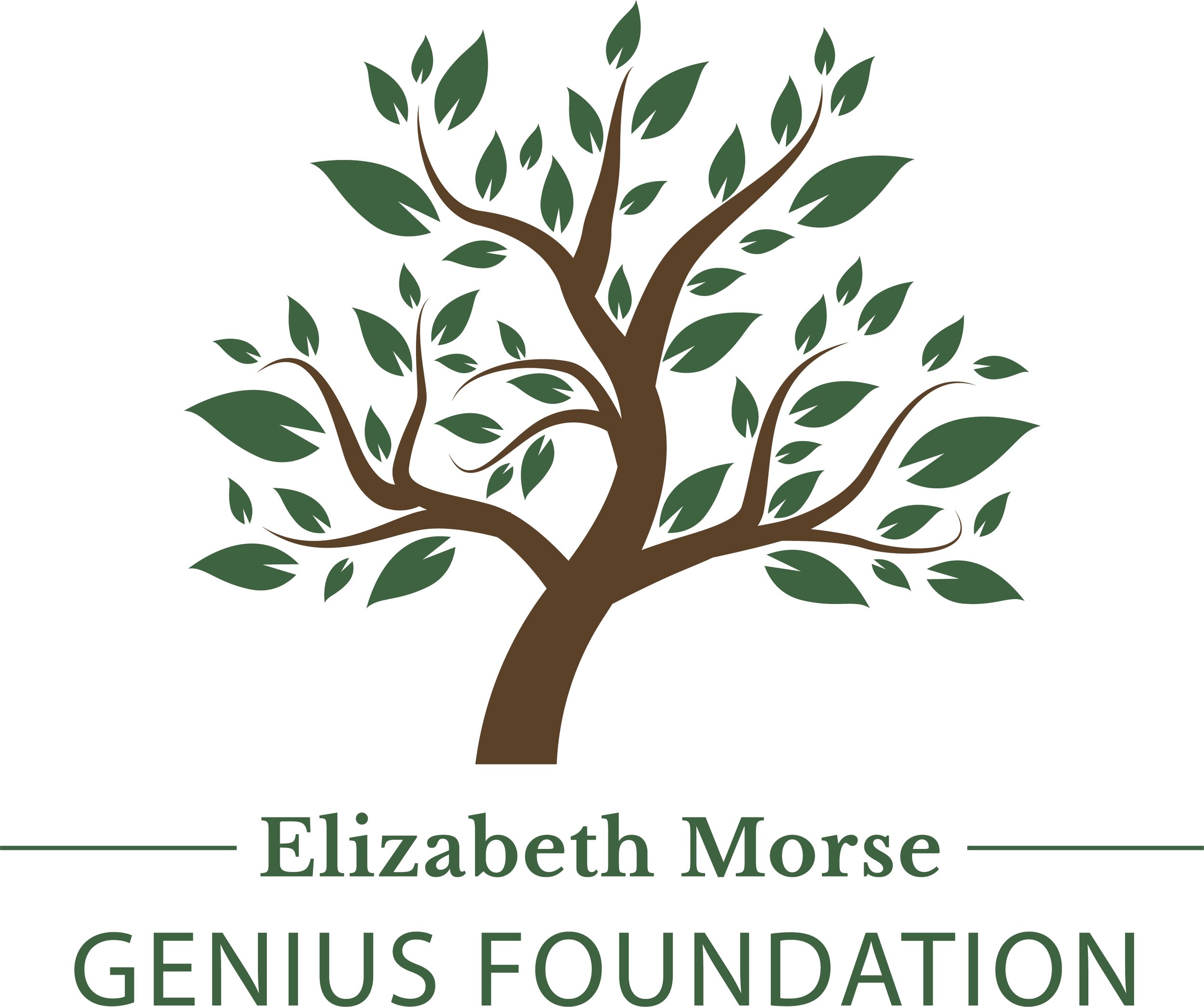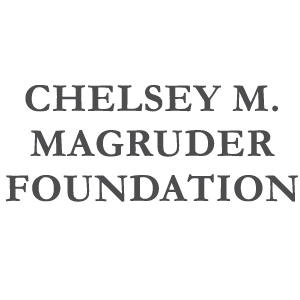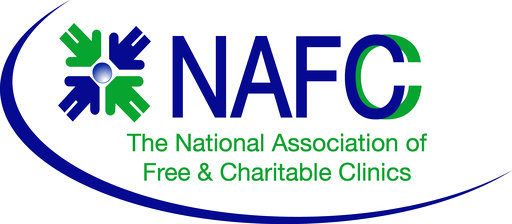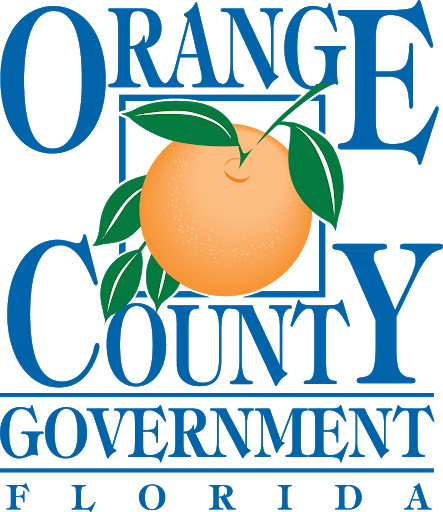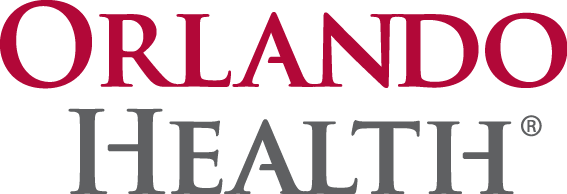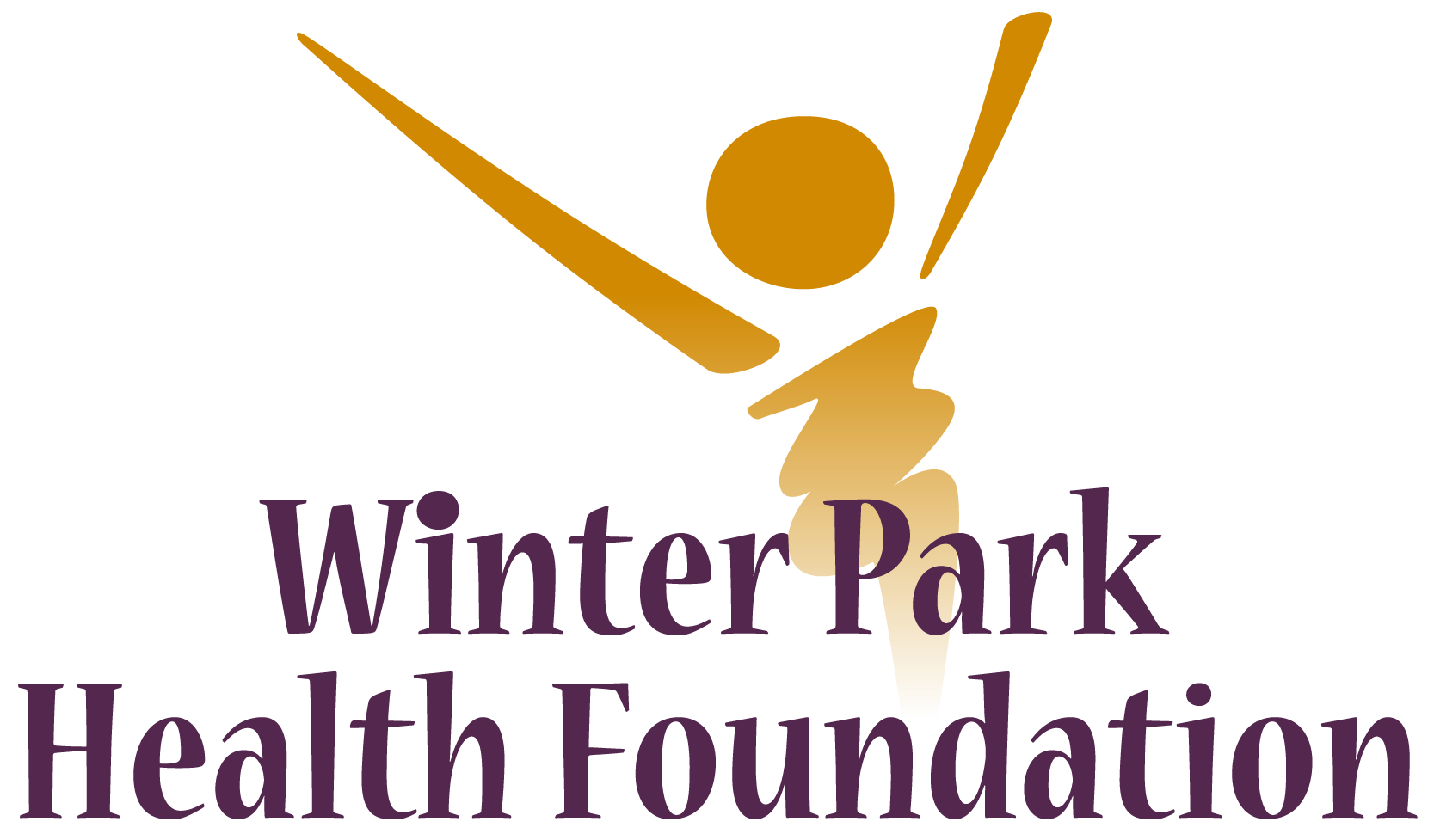What is health equity?
According to the Centers for Disease Control (CDC), health equity is achieved when every person has the opportunity to “attain his or her full health potential” and no one is “disadvantaged from achieving this potential because of social position or other socially determined circumstances.”
Health equity means reducing and ultimately eliminating disparities in health and its determinants that adversely affect excluded or marginalized groups. Health inequities are reflected in differences in length of life, quality of life, rates of disease, disability, and death, severity of disease, and access to treatment. Health equity means increasing opportunities for everyone to live the healthiest life possible, no matter who we are, where we live, or how much money we make.
Social Determinants of Health affect health equity.
The social, economic and physical environment in which a person lives influences their overall health and well-being. Social determinants of health (SDOH) are the conditions in which people are born, grow, live, work and age that shape health. SDOH include factors like economic stability, education, neighborhood and physical environment, food, and community and social support networks, as well as access to health care. These non-medical factors play a more important role than health care or lifestyle choices in influencing personal health outcomes. Studies suggest that social determinants of health account for 30-55% of health outcomes.
Addressing social determinants of health is fundamentally important for improving health and reducing longstanding disparities in health and health care. Reduction requires removing obstacles to health such as poverty, discrimination, and their consequences. Grace Medical Home addresses the SDOH to ensure patients have the quality of life resources to achieve and enhance positive health outcomes and health equity. We are committed to working toward health equity and addressing the racial, societal and economic factors that influence people’s health.
What effects do health inequities have?
Health inequities impact our most vulnerable patient populations. Vulnerable and low-income populations are at risk for insufficient health insurance coverage with minorities accounting for over half of the uninsured population. Many of our patients have been left out of the healthcare system, either due to race, immigration status, lack of wealth, or lack of experience to navigate a complex health care system.
Health inequities affect many in the ALICE population. According to the Heart of Florida United Way, ALICE is Asset Limited, Income Constrained, and Employed individuals who live and work in our communities. The ALICE population often earns more than the Federal Poverty Level, but less than the cost of living. Thirty-five percent of households in Orange County fit the ALICE profile with 14.2% of Orange County households living in poverty. Often, as multiple expenses arise that take priority, the ALICE population neglects the need for health care to use their funds and time on other necessities, often due to intersecting social determinants of health. Racial and ethnic minorities carry the heaviest burden of health disparities in the United States related to health prevalence and premature mortality from chronic health conditions.
Why health equity matters.
Across the nation, gaps in health are large, persistent and increasing—many of them caused by barriers set up at all levels of our society. Achieving health equity requires removing obstacles to health such as poverty, discrimination, and their consequences, including powerlessness and lack of access to good jobs with fair pay, quality education and housing, safe environments, and health care. It’s difficult to reach your optimum health without access to a steady job, quality education, and safe, affordable homes. Achieving health equity also requires the creation of resources to enhance the quality of life. Resources include safe and affordable housing, access to education, public safety, availability of healthy foods, local emergency/health services, and environments free of life-threatening toxins. Achieving health equity matters and it is vital that we ensure that everyone has a fair and just opportunity to be as healthy as possible.
How is Grace Medical Home working to achieve health equity?
According to a 2019 Community Health Needs Assessment (CHNA), access to affordable health care is among the top three issues for Orange County.
Our patients have been left out of the healthcare system either because of race, immigration status, lack of wealth, or lack of experience to navigate a complex health system. Grace Medical Home serves as a local health facility working to achieve health equity. Our physical, mental and spiritual health services for the low-income, uninsured in Orange County allow people to attain their full potential of health and well-being. Grace is dedicated to filling the health care gaps that affect our local communities by providing whole-person health care to tackle health disparities. We provide the safety net and deliver care to those who might otherwise go without.
Enabling providers to focus on all aspects of a patients’ life provides truly holistic medicine. It goes beyond basic medical care to address the social and economic factors that may be impacting a patient’s overall health and well-being.
Grace works hard to help address the many issues that the low-income, uninsured face, including, but not limited to:
lack of accessible, affordable health care
lack of access to affordable medications
food insecurity/food deserts
lack of transportation
safe housing
health literacy
language barriers
Grace continually seeks to break down barriers to care to achieve health equity for our patients and community.
Take action for health equity.
Become an advocate for health equity by supporting Grace Medical Home.
To learn more about being a health equity advocate, visit these resources:








